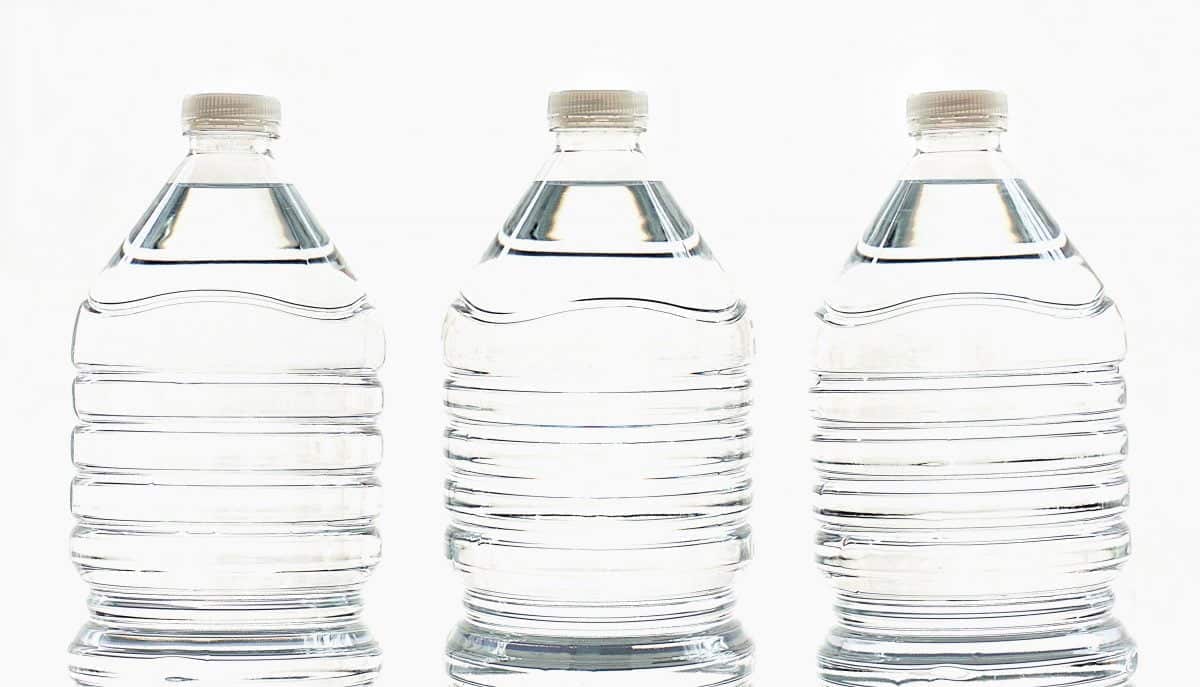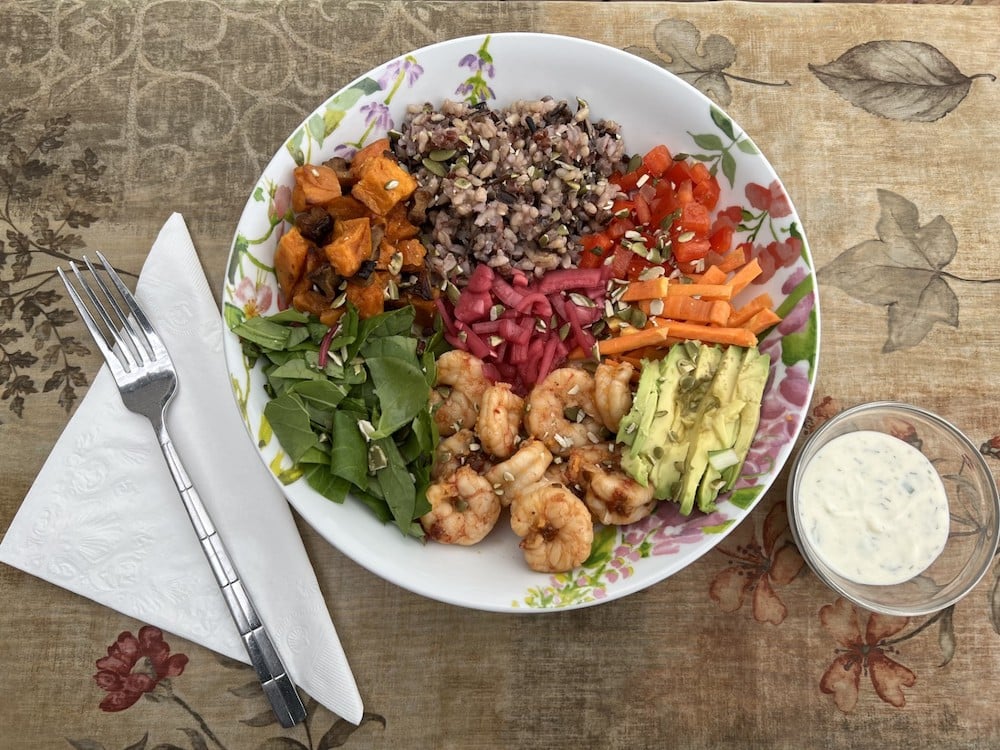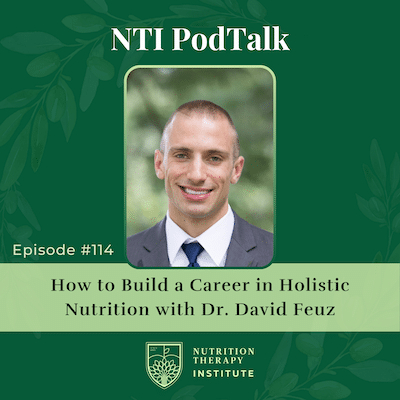
Share this post!
BPA, or bisphenol A is an industrial chemical used to make many plastic containers, most commonly plastic water bottles. BPA as a health concern has risen to mainstream public awareness in the last few years after scientists made two discoveries:
- BPA can seep into the food contents housed in plastic containers.
- Exposure to BPA may have significant health effects.
Stainless steel or glass water bottles are great BPA-free alternatives to plastic
A study in Environmental Research found positive correlations between prenatal BPA exposure and symptoms of anxiety and depression in boys.[i]
The study followed 241 nonsmoking pregnant women and their children over a period of about 13 years. Researchers evaluated BPA concentrations in urine samples from pregnant women as well as from their children at ages 3-5. At ages 10-12, the children were evaluated for symptoms of depression and anxiety.
The boys with the highest exposure to prenatal BPA reported more symptoms of depression and anxiety than boys with lower exposure. Interestingly, no such associations were found in girls. Lead researcher Frederica Perera notes that “These findings are consistent with our prior reports on BPA … and suggest greater susceptibility of the male brain during prenatal development.”[ii]
Because BPA-containing plastics are so useful, they permeate modern life. This makes avoiding BPA somewhat challenging. BPA is found in plastic water bottles, canned food linings, plastic food containers, and disposable coffee cup lids.
Thermal receipt paper is another surprising source. BPA in the paper is absorbed through the skin when handling receipts. To complicate matters further, the rate of absorption is greatly increased by the use of hand sanitizer.[iii]
The best way to avoid the damaging effects of BPA is to avoid contact with it.
Tips to minimize BPA exposure:
- Use stainless steel or glass water bottles and avoid plastic
- Avoid canned foods; use fresh or frozen instead
- Avoid touching thermal receipt paper; wear gloves if you have high exposure
- Do not use hand sanitizer before handling thermal paper
- Avoid microwaveable meals in plastic containers
- Use glass containers to store leftover food instead of plastic Tupperware
- Take the lid off your disposable coffee cup before drinking
In addition to minimizing exposure, mothers-to-be can also support the body’s natural ability to remove excess hormones like BPA from the body by eating a high fiber diet. BPA builds up in the body and can affect hormone balance, but dietary fiber binds excess hormones in the body to be excreted in the stool.
These foods are high in fiber:
- Vegetables
- Nuts and seeds
- Berries
- Beans and lentils
To best protect their sons from depression, expectant mothers can follow a two-pronged approach: Avoid BPA exposure as much as possible and eat a high fiber diet to promote elimination of BPA that has accumulated in the body.
Because prenatal exposure to BPA has the biggest effect on these symptoms, the best way for families to protect their children is to ensure that women who may become pregnant have low BPA buildup. Avoiding BPA is important for everyone in all stages of life, but it appears to be especially important for mothers-to-be.
By avoiding BPA exposure and supporting the body’s natural mechanisms to detoxify the substance, families can give their sons a brighter future before and during pregnancy.
Please keep in mind that the information in this blog is for educational purposes only. I am not a medical doctor and this information should not be considered medical advice.
Aaron Mello is a Master Nutrition Therapist and founder of MoodFood Clinic. He can be contacted at 720-683-8715 or aa***@************ic.com, or view his website at www.moodfoodclinic.com.
NTI creates optimal health through nutrition education.
Image: Three Clear Water Bottles by Suzy Hazelwood is free for use by Pexels
Share this post!


















